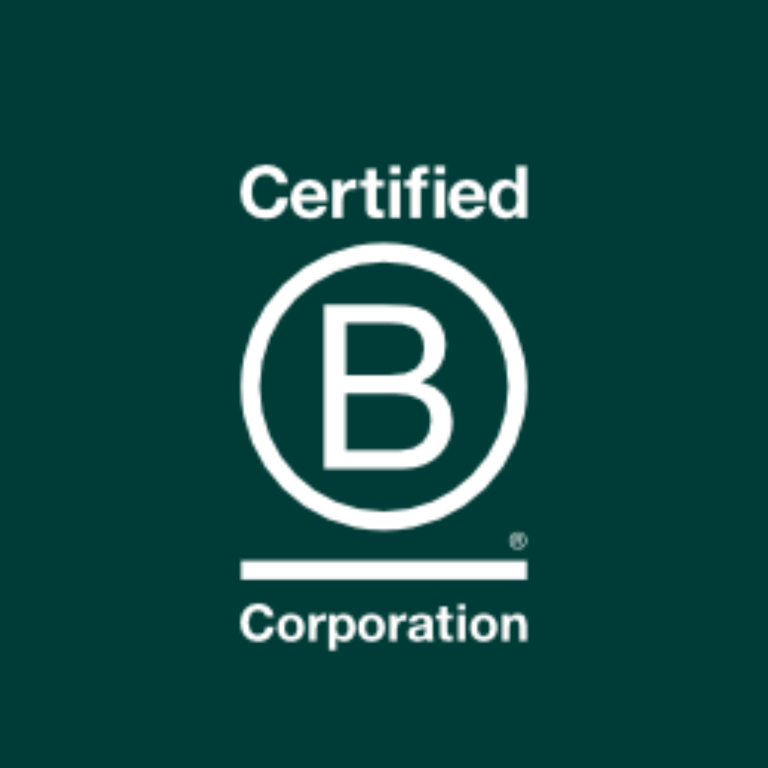
Consumer Duty in the Commercial SME market – Are You Exposed?
Risk and insurance are inextricably linked, yet the appetite for regulatory risk in the SME Commercial and Business insurance space seems to be approaching concerning levels with firms and their boards facing significant exposure.
GreenKite’s recent work across the market has identified that many firms that operate in the SME commercial products space have yet to accept the new reality of Consumer Duty. Firms remain unaware that products they co-manufacture or distribute such as PI, D&I and Cyber are actually in the scope of Consumer Duty as the purchasing customers fail to meet the size thresholds to qualify as “contracts of large risk” as set out in ICOBS.
With the recent FCA announcement about potential changes to the application of Consumer Duty to wholesale and commercial business, is this something firms even need to worry about? It is likely the outcome will be that “commercial’ will be aligned to the FOS definition, also aligning FSCS and Consumer Duty and creating a fixed cut-off where all, or none of the protections apply.
Many firms will be hoping that Consumer Duty would therefore go away as “we do commercial”, However the reality is that we are expecting very little to change as (according to government data) there are only around 38,000 medium businesses in the UK, with 5.45 million out of 5.5. million likely to stay within reach of the duty,
The Consumer Duty Requirement for SME Commercial Products
MGA’s, Distributors and Brokers who service “in scope” customers have responsibilities under The Duty, especially where co-manufacturing products, where full requirements of The Duty apply. Fair Value outcomes, where fees and charges must be commensurate with the service provided (as would be the case with consumer products) is applicable. An interesting yet another area where Commercial SME firms could be exposed.
Ultimately, the Boards of all entities manufacturing or distributing insurance in the SME market (in scope of The Duty) have a requirement to complete their annual Board Reports, and demonstrate, evidence and record how retail customers are receiving good outcomes – but nearly 2 years into The Consumer Duty, some firms are yet to even realise their Commercial SME products are actually within the scope.
With uncertainty around product requirements in the SME Commercial space, and with some capacity providers choosing not to look too closely at the SME Commercial products in their DA portfolio, capacity providers must remember they remain ultimately accountable for ensuring their products are compliant with The Duty. It is their Boards’ responsibility to sign off and review their evidence of “good outcomes” for retail customers in the DA distribution model. But how many capacity providers have requested to see the annual Board Reports of their MGA’s and Distributors, or conducted Consumer Duty audits within their distribution chains? And how many MGA’s really understand whether or not their SME commercial products are in scope for Consumer Duty and are acting like it matters?
Despite calls from BIBA to move more SME commercial customers out of scope of The Duty, and the FCA’s own recent Feedback Statement, the indication from the regulator suggests that the vast majority of the UK’s 5.5 million businesses will remain in scope of the Duty. In any case, its unlikely that any changes will be made by the Consumer Duty reporting date in July 2025 with the status quo remains as is. Worse still for firms in the SME Business and Commercial spaces, new reporting rules have come into play.
The Recent RMAR changes
With very little fanfare or press, the FCA published (in April 2024) Handbook Notification 117; which requires firms to report on SME eligible complainants. Identifying eligible complainants requires distributing firms to typically identify from purchasing firms the number of employees, firm turnover and balance sheet value, and furnish the capacity provider with this information. To date, we’ve seen little evidence that distributors in the SME space made preparations for this change – meaning they lack the data capture to identify which firms would be in scope of The Duty if the SME threshold were lowered to match the FOS definition as per the proposal.
So, is it fair to say insurers, co-manufacturers and distributors of SME commercial products (in scope of the Duty) have unanticipated regulatory exposure? Well, that’s a matter for the individual firms, and the board members accountable to decide, however, our experience suggests this is an area in which there could well be significant exposure and would warrant further investigation to ensure your firm remains on the right side of the regulator.
At GreenKite we support Insurers and MGA businesses in all aspects of Compliance and Assurance. If you would like to discuss how we could support your business’s approach to Consumer Duty, oversight or regulatory reporting obligations,, now is the time to get in touch with GreenKite.






